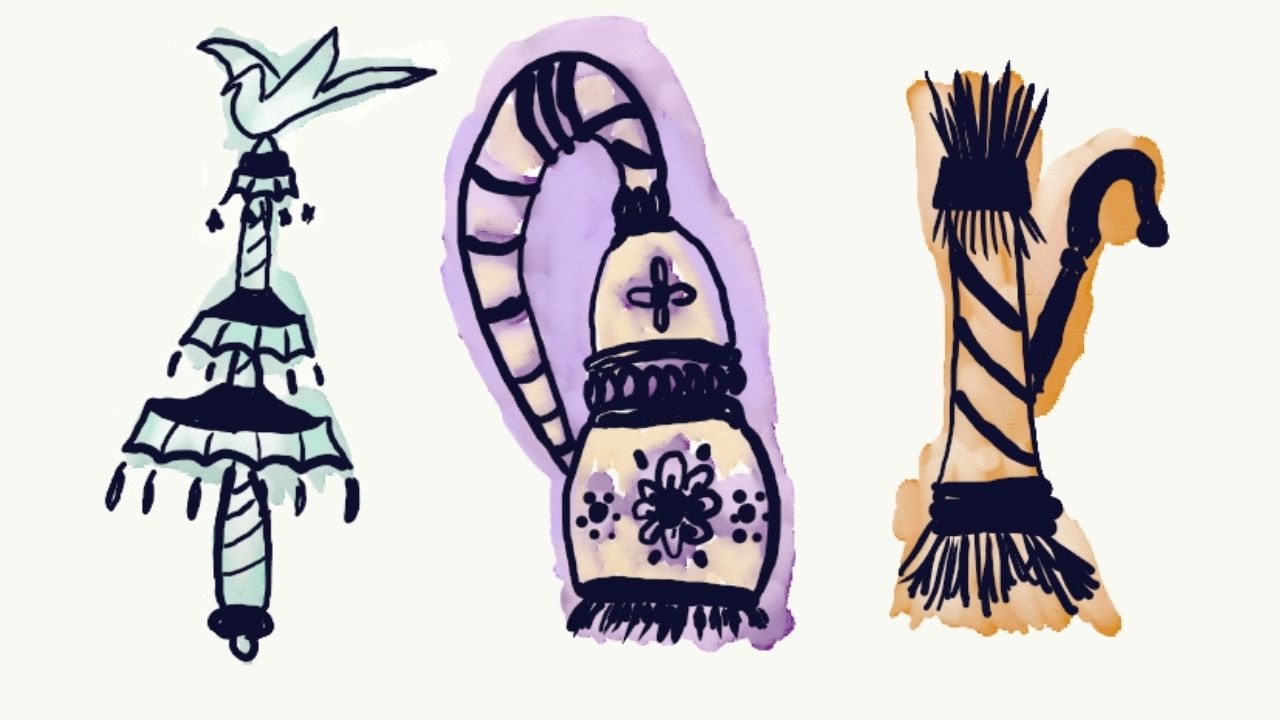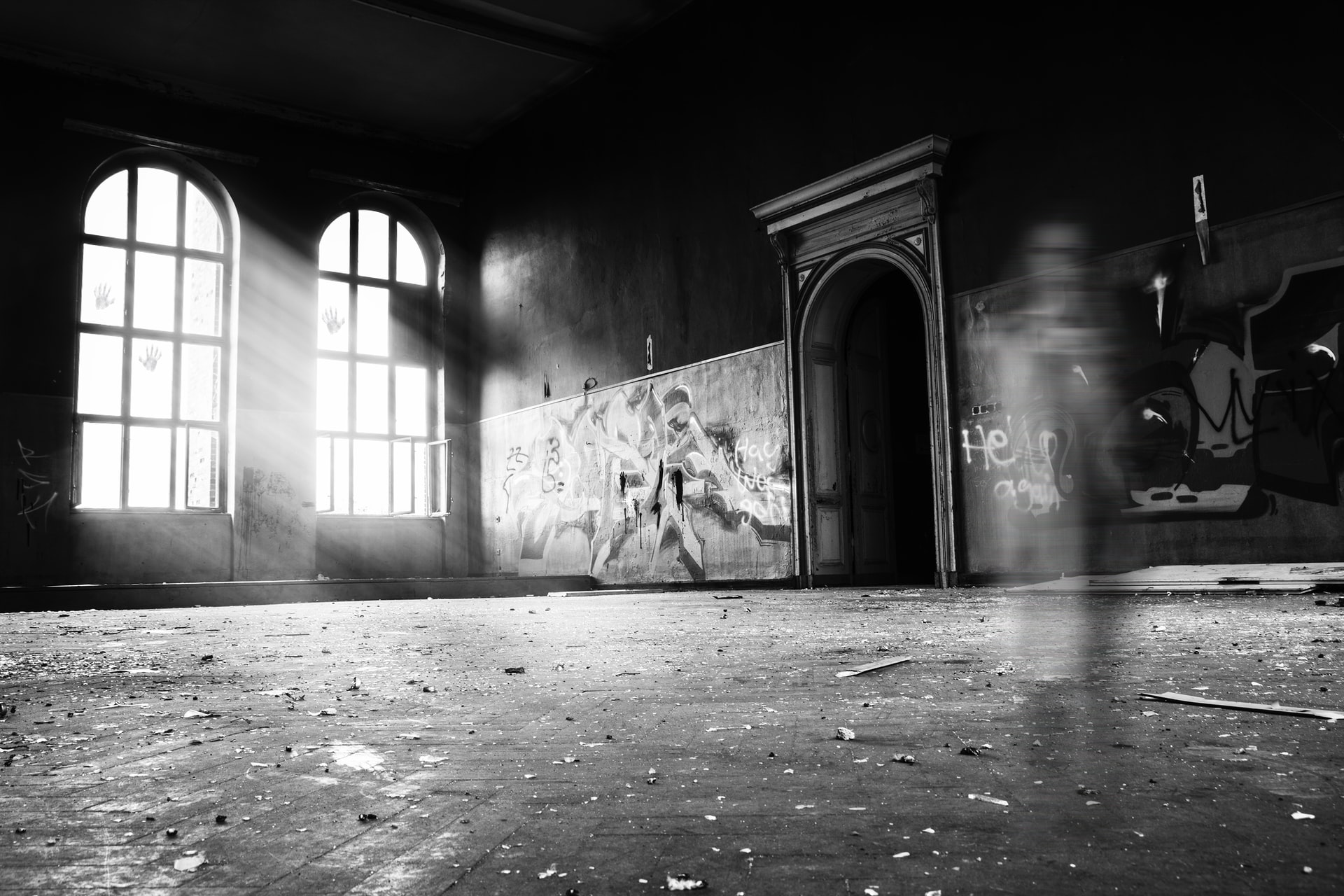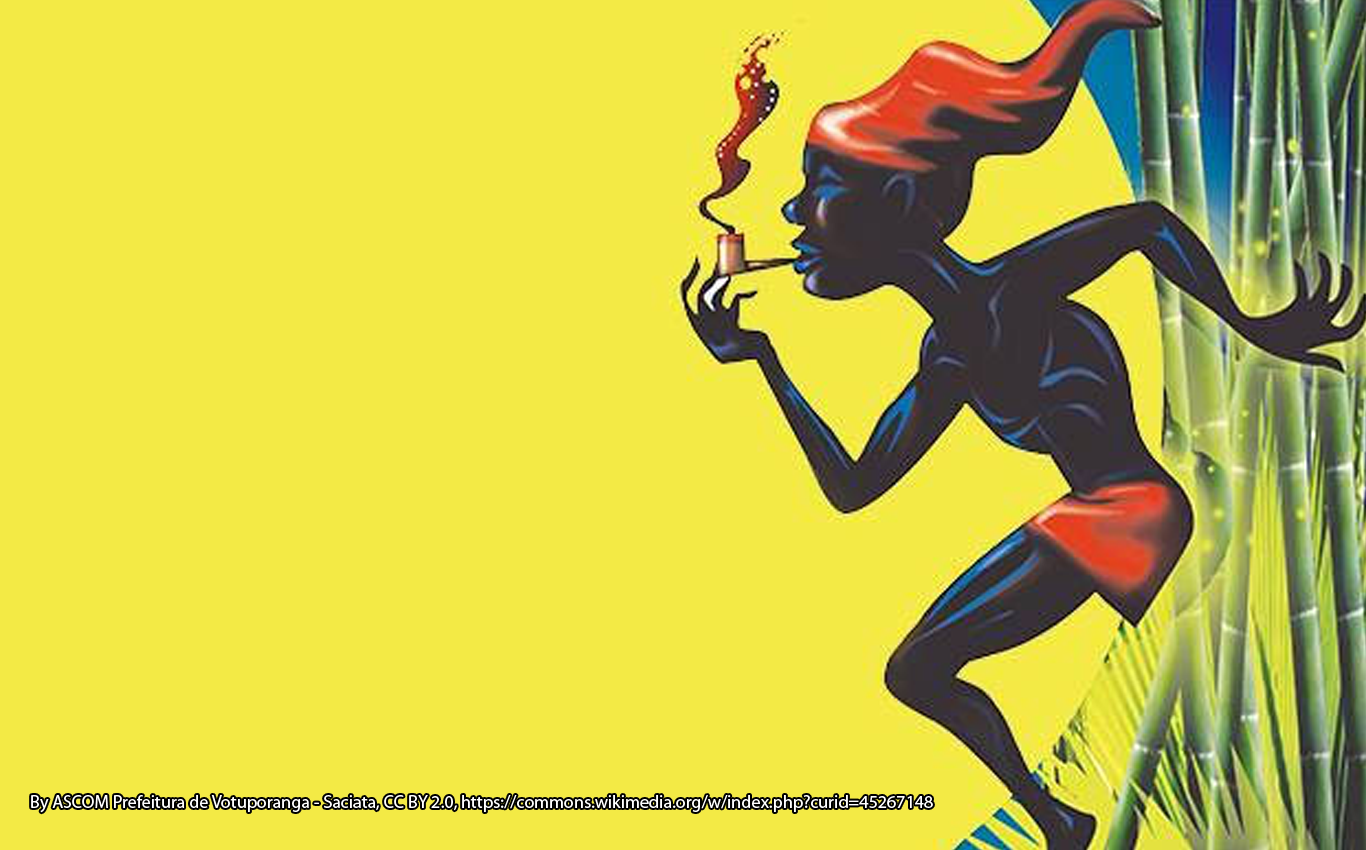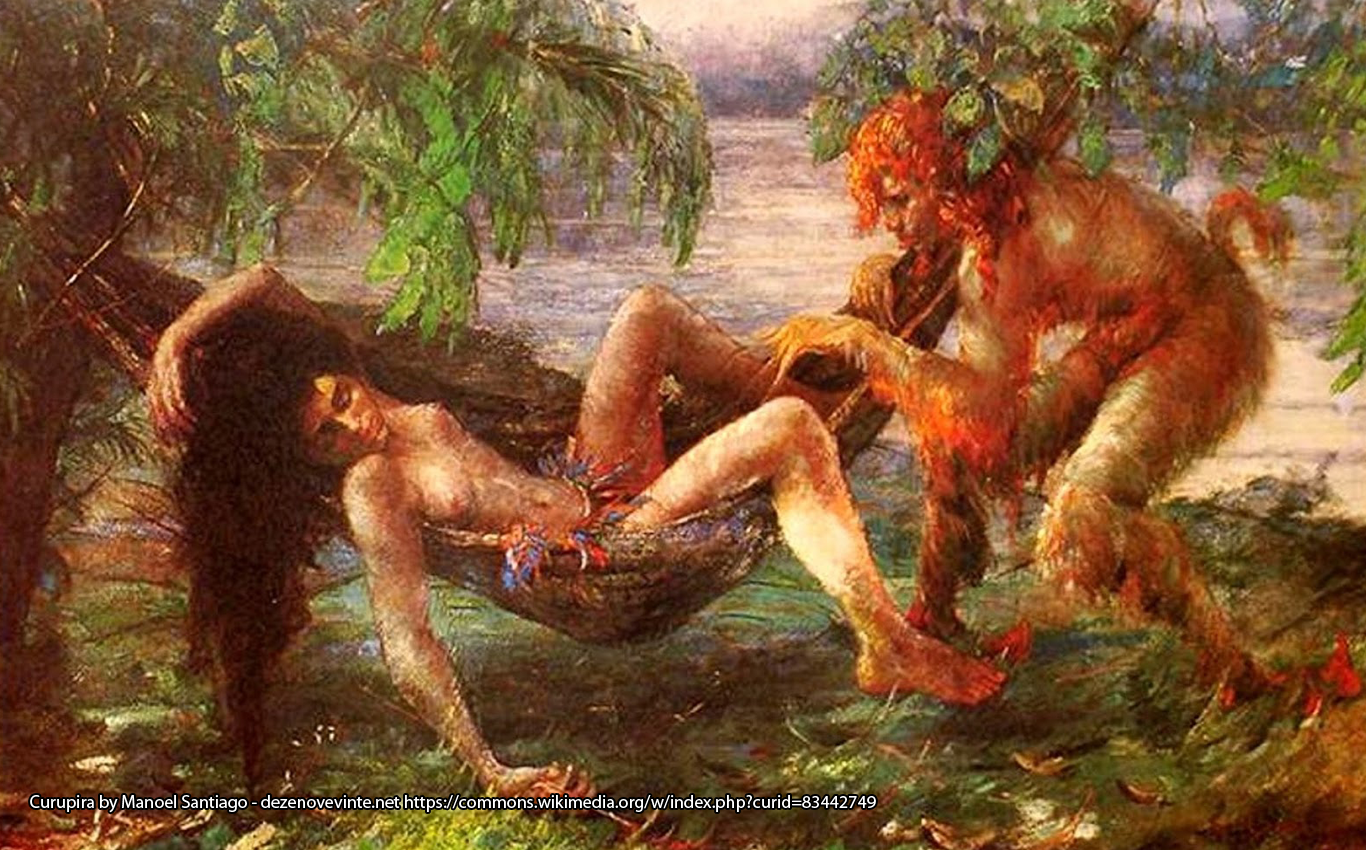Orishas and the Balance Between Life and Death
Orishas are deities who mainly represent the powers of nature. They also have specific responsibilities and work to balance the universe and its energies. Orishas are predominantly praised among the Iorubá people in West Africa. However, when Africans were brought to Brazil and other countries in the Americas, they also brought their spirituality which flourished […]





